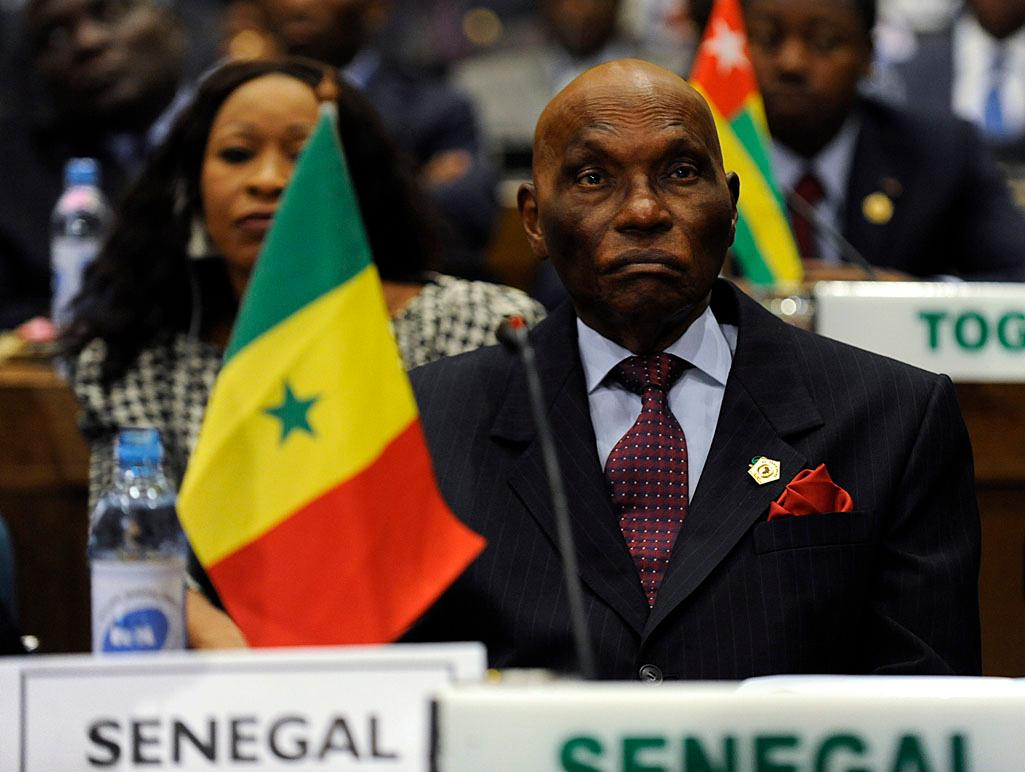People power in Senegal
Senegal’s President Abdoulaye Wade abandoned constitutional changes that critics said were designed to entrench his rule after street protests erupted in the capital Dakar.
Senegal’s president Abdoulaye Wade was forced into a humiliating climbdown as the normally laidback capital erupted in violent street protests against plans for electoral reform that would have made it easier for him to stay in power.
Wade, 85, had proposed changes to election rules to make it possible to win in the first round with just a quarter of votes cast, rather than 50% as in the current law.
Observers say the change was designed to ensure Wade’s victory against a fragmented opposition in elections due in February 2012.
Instead the proposals galvanised opponents of Wade’s 11-year rule and there was a rare unity of purpose among opposition politicians in parliament and anti-government protestors outside.
Other controversial clauses included the establishing of the post of Vice-President which critics said was custom-made for Wade’s son Karim, 42, who is already a powerful politician in his father’s cabinet, dubbed a “super-minister” by some.
At least 10 people were injured in the two-days of riots that were quelled with tear gas, rubber bullets and fire hoses.
Perhaps with an eye on the popular protests that have ousted aging autocrats north of the Sahara desert Wade quickly withdrew the constitutional amendments inm a bid to end the protests against his rule.
The story you just read is accessible and free to all because thousands of listeners and readers contribute to our nonprofit newsroom. We go deep to bring you the human-centered international reporting that you know you can trust. To do this work and to do it well, we rely on the support of our listeners. If you appreciated our coverage this year, if there was a story that made you pause or a song that moved you, would you consider making a gift to sustain our work through 2024 and beyond?
